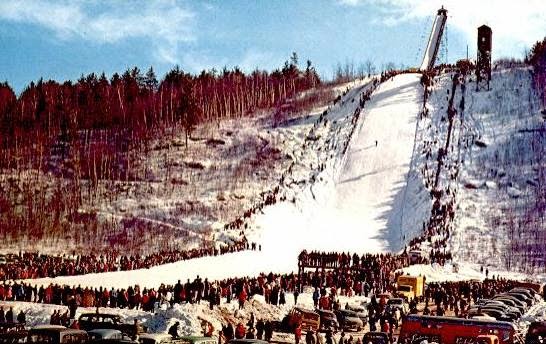CHRIST IN WINTER: Reflections on Faith & Life for the Years of Winter—THOSE WERE THE DAYS [F, 6-30-23]
Last night I was on a regular Zoom meeting with the few friends left from our action days. Those were the days…
I was much taken with Mary Hopkin’s recording of “Those Were the Days” in 1968. I was only 31 then, in campus ministry, a long career ahead of me, working to make the world a better place. Still, I understood that song then; I knew it would someday be mine, and my friends’.
I have re-written it to fit the generation of those who sang it then, but understand now that in old age, we do not have the energy or time to “work out our salvation” through good deeds. We must trust in mercy alone.
[If you’re not sure of the tune, you can get Hopkin’s recording on YouTube.]
VERSE 1
Once upon a time
There was a new church
where we met
to share the Gospel Word
We sang and prayed
with hands clasped tight
together
and talked of how we’d
bring
change to the world
REFRAIN 1
Those were the days, my
friend
we thought they’d never
end
we’d storm the crumbling ramparts
of the past
we’d beat the Gospel drum
we knew we’d overcome
we were sure that evil
could not last
VERSE 2
Then the days of meetings
came upon us
minutes, notes, and memos
filled our days
if by chance I saw you in the
hallway
we’d smile at one another
and we’d say
REFRAIN 2
These are our days, my
friend
It seems they’ll never end
We have so many meetings
to attend
But climb that ladder we
must
Reach the top or bust
These are our days, my
friend, these are our days
VERSE 3
Just tonight I stood before
that old church
Nothing seemed the way it
used to be
In stained glass I saw a
strange reflection
Was that lonely Christian really
me?
REFRAIN 3
These are days of judgment,
friend,
when we must learn to bend
our will to that of the
Divine
We’ll set our pride aside
with peaceful souls abide
We’ll share the Gospel’s
bread and wine
VERSE 4
Through the door there
came the sound of singing
I looked inside and saw
your smiling face
In the faults and failures
of our dreaming
we’ve learned to trust in
God’s redeeming grace
REFRAIN 4
These are the days, my
friend
We know they’ll never end
even though we each must
face the grave
We live by mercy now
We have learned to bow
These are God’s days, my
friend, these are God’s days
John Robert McFarland
Mary Hopkin’s recording is
of Gene Raskin’s English words to the Russian song, “By The Long Road,” by
Boris Fomin.

















